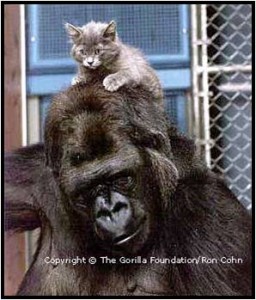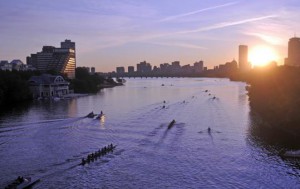
Derrick Z. Jackson
Boston Globe, 11 October 2011
IT WAS unthinkable 20 years ago that the Charles River would ever be clean enough to win the world’s leading environmental prize for river restoration. Back then, human feces lapped at the Museum of Science. It was a river with “belly-up fish and algal blooms making dogs sick,’’ recalled Arleen O’Donnell, former state department of environmental protection acting commissioner.
For recreational kayaker Roger Frymire, a paddle between the Museum of Science and the BU bridge 14 years ago was disgusting. “I passed under the Longfellow bridge and I started smelling something awful. I kept following the smell upriver until I went under the Mass. Ave. bridge. I traced the smell to a spot near the MIT crew house. There was a grate underwater that was bobbing up and down with turds.

Today, the Charles is one of the nation’s cleanest urban rivers, and recently claimed the International River Foundation’s top award for river management, beating out more than 20 other countries. The award went to the Charles River Watershed Association, which was formed in 1965 to protect the river.
“The Charles in many ways is a wild river again,’’ said Bob Zimmerman, executive director of the CRWA. “If you had asked me in 1991 if that was possible, I would have said you were crazy.’’



